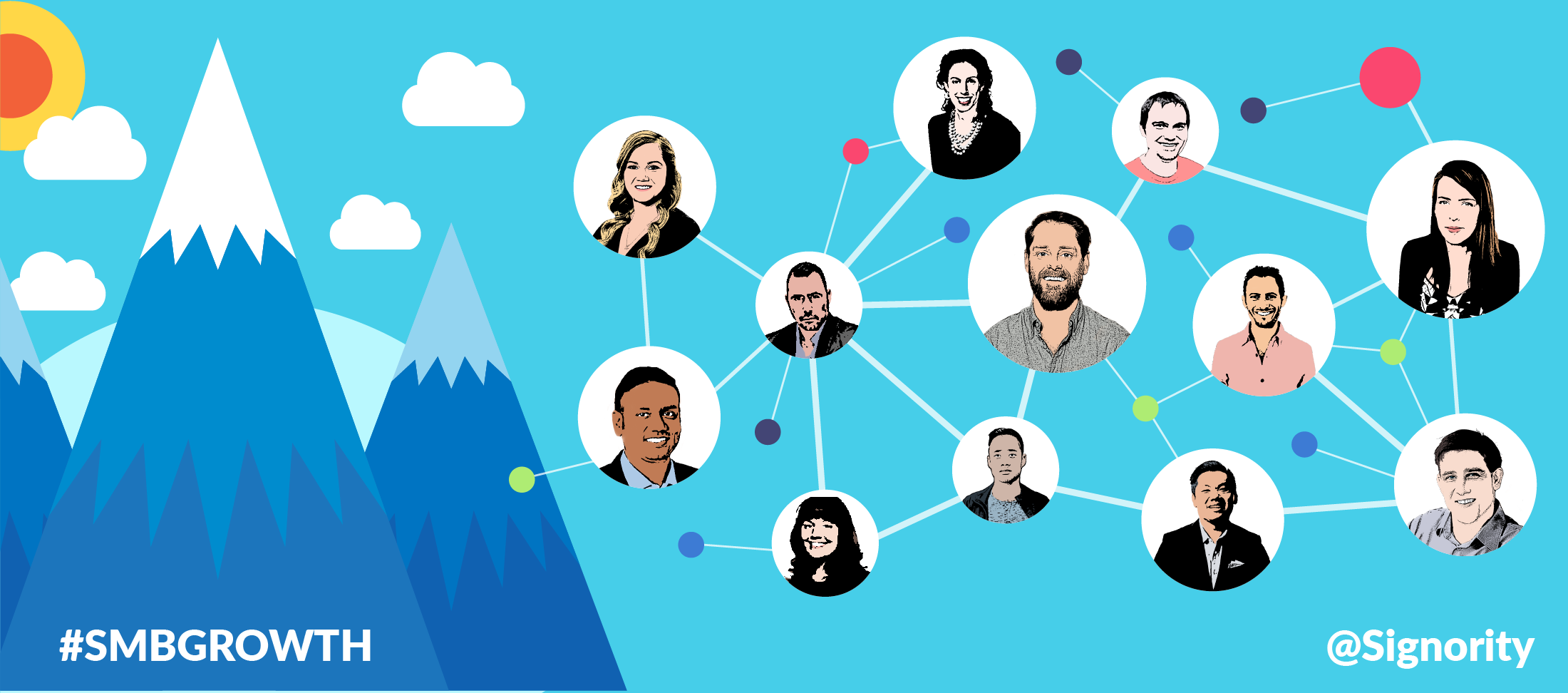Thankfully, most eSignature software (like Signority) are easy to use—even for the most inexperienced users. In fact, it’s ease of use has been one of the contributing factors to its sky-high adoption rate.
Though the exact process may vary depending on the software solution, the basic workflow is virtually the same.
Here’s how a basic eSignature solution works:
- A document is uploaded to a website (usually a third-party software)
- The document is tagged to pinpoint exactly where a signature is required
- The document is then emailed to the participants who are required to sign
- The signer(s) completes all required fields, then signs the document electronically
- The completed document is then automatically emailed back to the original sender
- The document is automatically stored for safe, secure, and easy access
Now that you understand the basics of how eSignatures work, let’s look at some of the benefits of eSignature.
Benefits of eSignature
Legally-binding eSignatures have a number of important benefits for businesses:
- Easy to use. Signing an electronic document is super simple for all those involved. In fact, most eSignature software is intuitive even to complete beginners, which means less time spent learning how to use new software.
- Save money: Paper isn’t cheap, especially when you account for purchasing, copying, scanning, and printing costs, among other paper-related expenditures. Needless to say, these costs add up quickly. Moving to a paperless system can reduce expenditures and instantly increase your profit margins. You can access our post ”A Paperless Business and 5 Ways You Can Achieve It Now”.
- Save time. Printing, copying and scanning take time. Preparing documents for signature takes time. Tracking down (and waiting for) signatures take even more time. eSignatures can shorten the turnaround time by as much as 90 percent.
- Improve accuracy. There’s nothing more frustrating than waiting for a signed document only to realize the recipient forgot to fill out a required piece of information, eSignature software allow you to specify mandatory fields, which, as you probably guessed, require the recipient to complete all such fields before the document can be signed.
- Stay organized. Keeping track of paperwork (regardless of how efficient your filing system may be) is often burdensome. eSignatures create an easily sortable, organized filing system by which you can easily store and retrieve important documents.
- Add an extra layer of security: Electronic documents can be protected by a variety of methods, including passcodes, encryption, two-factor authentication, and even biometric authentication methods. These methods instantly make your important documents more secure.
- Make things easier for customers and/or vendors. While the benefits of eSignature can be obvious for your own business, they also make things much easier for your customers, partners, suppliers, or other vendors (for many of the same reasons we’ve already covered). Customers prefer eSignature solutions not only because it is more convenient, but it brings a number of important advantages, including eliminating unnecessary back-and-forth (saving time), simplifying internal processes, facilitating quicker onboarding, and increasing operational efficiency, among a laundry list of other benefits.
Planning to take your business paperless? Check out our recent guide “A Brief Introduction to eSignatures”, you can download if for free here.






